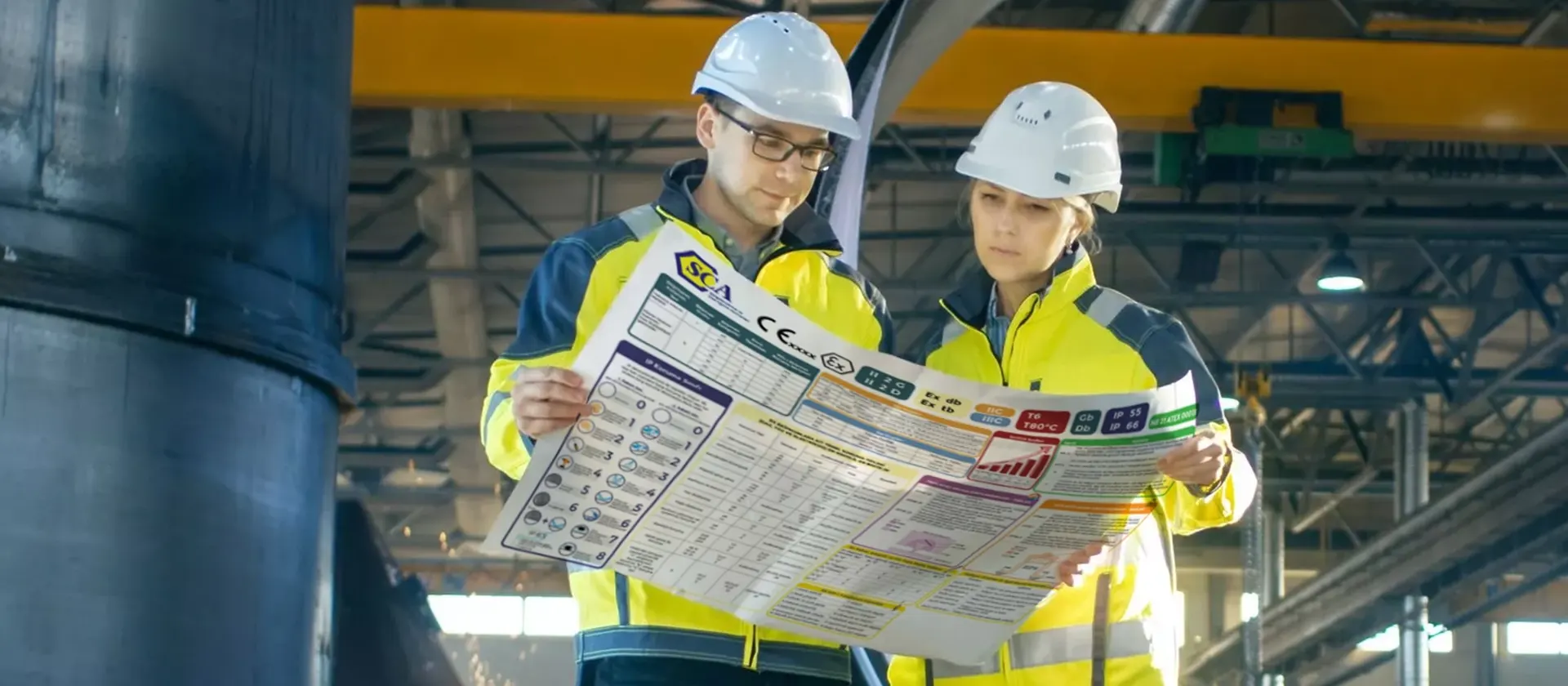ASTM B925 Mechanical Testing of Magnesium Alloys
The ASTM B925 standard specifies the methods for determining tensile properties of magnesium alloys. This service is critical in ensuring compliance with industry standards and supporting robust quality assurance processes within metallurgy and material testing sectors.
Metallurgical applications often involve materials that must meet stringent performance criteria, especially when used in high-stress environments such as automotive parts, aerospace components, and medical devices. ASTM B925 provides a standardized approach to mechanical testing, ensuring consistent results across different laboratories and facilities.
The process begins with the selection of appropriate specimens according to the alloy type being tested. Specimens are carefully prepared using specific dimensions outlined in the standard. Once prepared, they undergo tensile testing using specialized equipment designed to simulate real-world stress conditions. The resulting data helps engineers understand material behavior under load, which is essential for designing reliable products.
Compliance with ASTM B925 not only ensures regulatory adherence but also enhances product safety and performance by providing verifiable evidence of mechanical integrity. By adhering strictly to this standard, manufacturers can demonstrate their commitment to quality assurance practices that align with industry best practices.
In addition to meeting regulatory requirements, conducting ASTM B925 tests allows companies to enhance their reputation among clients who value transparency and reliability in material selection processes. This service supports various aspects of product development, from initial design stages through final production runs, ensuring consistent quality throughout the supply chain.
Our team of experts uses advanced testing equipment and adheres meticulously to all specified procedures detailed within ASTM B925 to deliver accurate results every time. This commitment ensures that clients receive precise data they can trust when making critical decisions about material performance in their operations.
By leveraging our expertise in ASTM B925 mechanical testing, organizations can gain valuable insights into the mechanical properties of magnesium alloys, which play a crucial role in many industries today.
- Improved Product Quality: Ensures that products meet or exceed specified performance criteria.
- Enhanced Safety: Helps identify potential weaknesses early on, reducing risk during manufacturing and use.
- Regulatory Compliance: Provides clear evidence of adherence to relevant industry standards.
Scope and Methodology
The scope of ASTM B925 mechanical testing encompasses the determination of tensile properties for magnesium alloys. This includes measuring yield strength, ultimate tensile strength (UTS), elongation after fracture, and other relevant parameters.
Testing is conducted on specimens that are typically prepared from ingots or castings according to specific dimensions outlined in the standard. The process involves several key steps:
- Specimen Preparation: Ensures that each sample adheres strictly to predefined size and shape requirements specified by ASTM B925.
- Tensile Testing: Utilizes specialized equipment capable of applying controlled loads until failure occurs. This step generates critical data points used for analysis.
- Data Analysis: Involves interpreting the collected information to determine compliance with stated standards and extract meaningful insights regarding material behavior.
The methodology follows closely the procedures prescribed by ASTM B925, ensuring consistency across multiple tests performed in different locations. This approach guarantees reliable results that are repeatable and reproducible.
Our facility employs state-of-the-art equipment and highly trained personnel to perform these tests accurately and efficiently. We pride ourselves on delivering precise data that supports informed decision-making for our clients.
Quality and Reliability Assurance
At [Lab Name], we take great pride in maintaining the highest standards of quality and reliability assurance throughout all aspects of our operations, particularly when it comes to ASTM B925 mechanical testing. Our commitment is reflected not only in the equipment used but also in the expertise of our staff.
We utilize cutting-edge technology that meets or exceeds international standards such as ISO 17025 and ANSI/ASME PTC 13. Each piece of instrumentation undergoes regular calibration to ensure accuracy and precision, thereby minimizing errors during testing processes.
Our team comprises experienced professionals who are thoroughly versed in ASTM B925 requirements. They possess extensive knowledge about various magnesium alloy types and their unique properties, enabling them to provide accurate interpretations of test results.
We implement stringent quality control measures at every stage of the testing process—from specimen preparation to final reporting. This ensures that all data generated is reliable, valid, and meets or exceeds specified criteria.
By adhering strictly to ASTM B925 guidelines, we maintain consistency in our test results while providing clients with confidence that they are receiving accurate information about their materials' mechanical properties.





